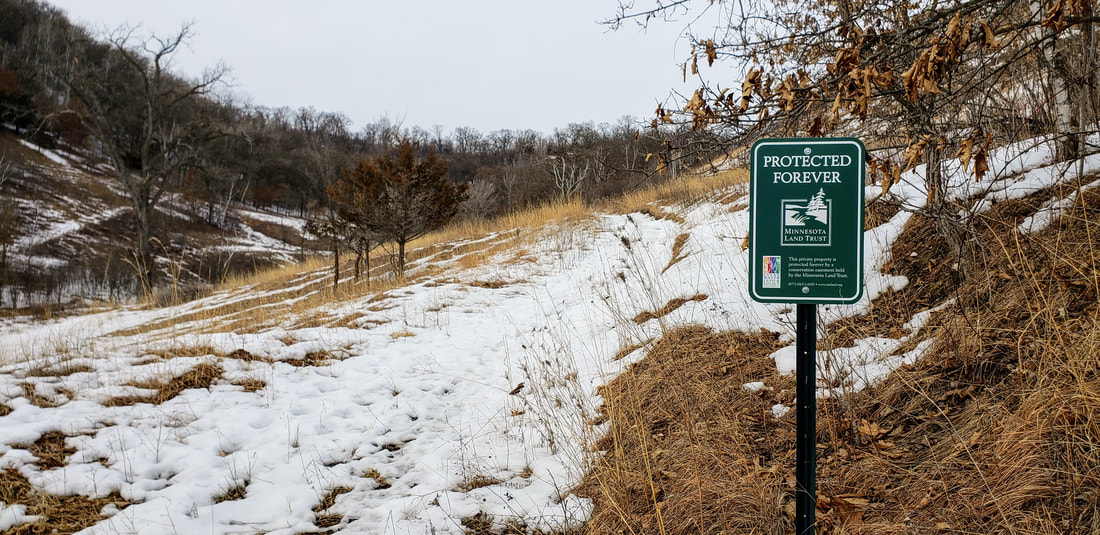Wildlands
General Shared Values:
We will manage wild areas to improve the long term health and productivity of the land and water. We will protect and enhance biodiversity of animals and plants, water resources, and mineral resources. Conversely, we live here expecting the land to provide benefits to us. Zephyr folk’s quality of life depends on receiving long term benefits which will range from aesthetic to spiritual to recreational to economic.
Other Beliefs or Values:
Different Levels of Activities, Definitions:
2. Coop Sanctioned Activities for Individuals:
Activities approved by the community where individuals –member or non-member take the lead. I.e. hunting, plant collecting, antler hunting, retreat area. These may be activities that need Coop approval (SP) or do not need Coop approval (SA). Non-members always need to get approval for any activity.
3. Coop Prohibited Activities:
Activities the coop will not allow. I.e. Oil and gas exploration, radio towers, paint ball games.
We will manage wild areas to improve the long term health and productivity of the land and water. We will protect and enhance biodiversity of animals and plants, water resources, and mineral resources. Conversely, we live here expecting the land to provide benefits to us. Zephyr folk’s quality of life depends on receiving long term benefits which will range from aesthetic to spiritual to recreational to economic.
Other Beliefs or Values:
- We will assess negative and positive impacts of development and use.
- We will balance individual wants with community wants and long term resource protection.
- Uses could include collecting plant, animal or minerals (soil) for individual use or economic use.
- Development based on economic, spiritual, or community outreach/support may have different priorities and restrictions.
- Protection of the resource usually occurs best when people actively use the resource, i.e., Prairie Moon’s management for wetlands, hunter’s work days.
- Ecotourism takes many forms. Outside guests may come to our farm for economic, recreational, spiritual, and educational gain of both members and guests.
Different Levels of Activities, Definitions:
- Coop Sponsored Activities:
2. Coop Sanctioned Activities for Individuals:
Activities approved by the community where individuals –member or non-member take the lead. I.e. hunting, plant collecting, antler hunting, retreat area. These may be activities that need Coop approval (SP) or do not need Coop approval (SA). Non-members always need to get approval for any activity.
3. Coop Prohibited Activities:
Activities the coop will not allow. I.e. Oil and gas exploration, radio towers, paint ball games.
| wildlands.doc | |
| File Size: | 55 kb |
| File Type: | doc |
Pasture Land
We currently have a grant to help us manage the buckthorn and other invasives in our oak savannas, by grazing with goats, followed by hand cutting and burning. Diversity Landworks is providing this service for us.
One of our members is renting our lowland and hillside pastures for a regenerative grazing project.

